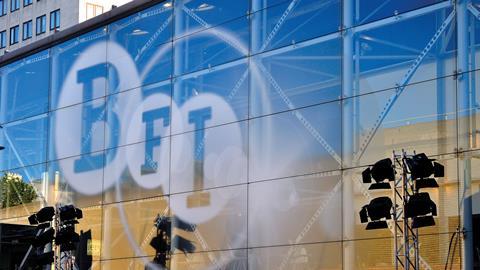In the leading case of Halliburton Company v Chubb Bermuda Insurance Ltd [2020] UKSC 48, the Supreme Court provided important clarification on how apparent bias will be assessed by the courts. The test for assessing arbitrator bias is objective and involves asking whether a fair-minded and informed observer would find that there was a real possibility of bias. That test was recently applied in H1, H2 v W, D, F [2024] EWHC 382 (Comm). In H1, Calver J found apparent bias on behalf of the sole arbitrator and made an order to remove him under section 24(1) of the Arbitration Act 1996 because the arbitrator had made remarks which objectively gave the impression that the arbitrator held predetermined views on the evidence and issues in the arbitration.


A dispute arose between a film company and its insurer. The insurer denied the film company’s claim for an indemnity and, consequently, the matter was referred to arbitration. A sole arbitrator was nominated by the British Film Institute (pictured). At the second procedural hearing, the arbitrator made various statements which raised concerns regarding his impartiality, including his comments that he did not need to hear from the expert witnesses because they were ‘exceptional people in the field’ and that he knew them personally. The insurers applied to the court to have the arbitrator removed. The insurers argued that the arbitrator had pre-determined, favourable views of the expert witnesses and pre-determined, negative views of the insurer’s witnesses. The insurers also complained about the inconsistency of explanations given by the arbitrator as to the nature and extent of his relationships with the insured witnesses.
Calver J granted the order. He held that the remarks made by the arbitrator about the witnesses generally and, in particular, the insured’s expert, would lead a fair-minded and informed observer to conclude that there was a real possibility that the arbitrator was biased. Calver J found that the arbitrator’s comments that cross-examination of the experts would not be required would lead a fair-minded and informed observer to conclude that he would accept at face value the evidence of the insured’s expert witnesses because he knew them to be ‘exceptional people in their fields’ and, by doing this, the arbitrator was pre-judging the merits of the dispute. Calver J explained that this was a case where the arbitrator had given the firm impression of having already allowed extraneous, illegitimate factors to influence his assessment of the evidence which he had not yet heard and, moreover, of not realising that that was an unfair approach to adopt.
Calver J also explained that the serious problem which the arbitrator’s statements created was that having made his findings on the merits after having heard the witness evidence, there will be no way of knowing for sure whether he allowed his admiration for, and personal knowledge of the reputation of, the insured’s expert witnesses to unfairly influence his findings on the merits generally. The strong suspicion will inevitably be that he did; and the fair-minded and informed observer would accordingly conclude that there was at least a real possibility that the arbitrator was biased.
The decision helpfully illustrates the approach the courts will take when applying the test of apparent bias in arbitration. In applying the test, the court will carefully consider the circumstances of each case and will consider the factors identified in Halliburton assessing apparent bias, which include: (i) the private and confidential nature of arbitration and limited disclosure means there must be frank disclosure; (ii) an arbitral award is not subject to appeals on issues of fact and there are limited grounds of appeal on issues of law; (iii) there is a distinction between a judge as a holder of public office which is funded by the taxpayer, and an arbitrator who has a financial interest in being appointed to arbitrations; (iv) arbitrators may have limited involvement or experience of arbitration; (v) the professional reputation and experience of an arbitrator is a relevant factor when assessing apparent bias.
Masood Ahmed is an associate professor of law at the University of Leicester and a member of the Law Society’s Dispute Resolution Committee. Lal Akhter is director of Docket Live and an unregistered barrister
































No comments yet